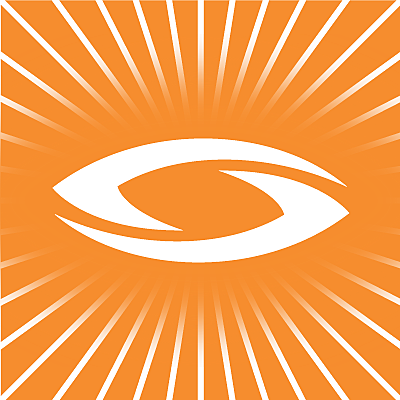Deploying remote real-time video inspections using mobile devices, tablets and smart glasses to help maintain global supply chains and operational efficiency when health and safety restrictions challenge business continuity.
A few years ago, the use of augmented reality (AR) and artificial intelligence (AI), either to augment or supplement in-person inspections, was more of an abstract concept than widespread reality. But the emergence of COVID-19 in 2020 jolted these developments forward. Suddenly, its use seemed to be everywhere, and its reach continues to grow.
Measuring the transformation shaped by the use of remote technologies in the inspection of offshore vessels, a headline in a leading maritime industry magazine recently declared it “Deus ex machina.” In terms of transformative impact, this is hardly an exaggeration.
Virtually every industry has been forced to ride steep waves of change in this past “year of losses,” as McKinsey & Company put it. While many of the shifts businesses had to embrace are set to become more permanent, it remains to be seen whether or not other changes will be gradually phased out. As optimism about the post-COVID economy continues to increase, leaders will take stock of what the pandemic revealed about their operations and business models. With this said, it’s a safe bet that AR and AI technologies will continue upward trajectories of adoption.
At SightCall, we have been inspired by the resilience of companies large and small throughout this crisis. We occupy a unique vantage point, offering high-caliber remote assistance solutions that cushioned the impact of operational disruptions while empowering businesses to realize long-term ambitions of more digital and borderless customer service. This has hardly been more evident in the use of AI- and AR-powered video calls to perform remote video inspection.
With a video calling platform quickly and easily nestled within existing customer relationship management (CRM) software, companies have deployed safe and accurate assessments of facilities and equipment anywhere in the world, respecting health regulations and cost constraints.
Integration needs are only the beginning for companies implementing these solutions. For example, Bureau Veritas’s marine and offshore division recently engaged SightCall to grow its remote classification survey capabilities.
With in-person inspections involving significant time and cost, and becoming increasingly difficult and potentially dangerous in the context of COVID-19, the company could count on high picture and video quality, even in low-bandwidth conditions, along with quick recognition and feedback of site data without the need for manual entry. Bureau Veritas accessed SightCall sessions with any vessel on a wide range of devices, debuting its first drone-operated survey in March 2020. The results included a significantly reduced risk to workers, the minimization of on-site survey costs and the ability to make effective decisions from a distance.





